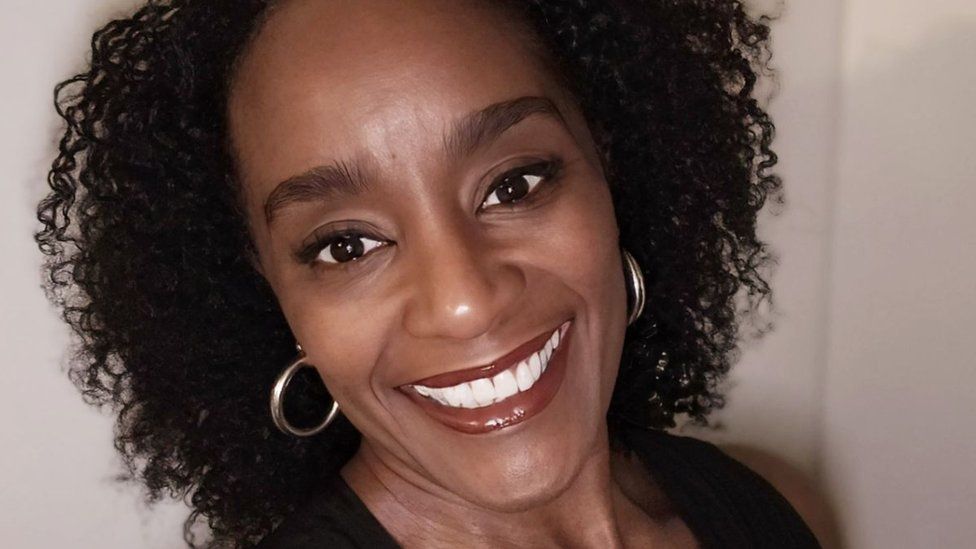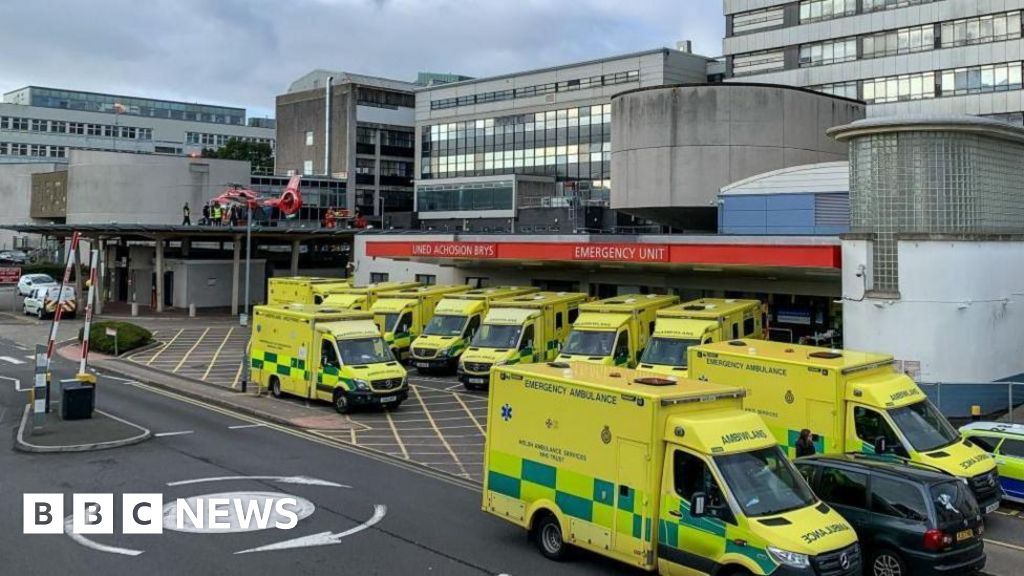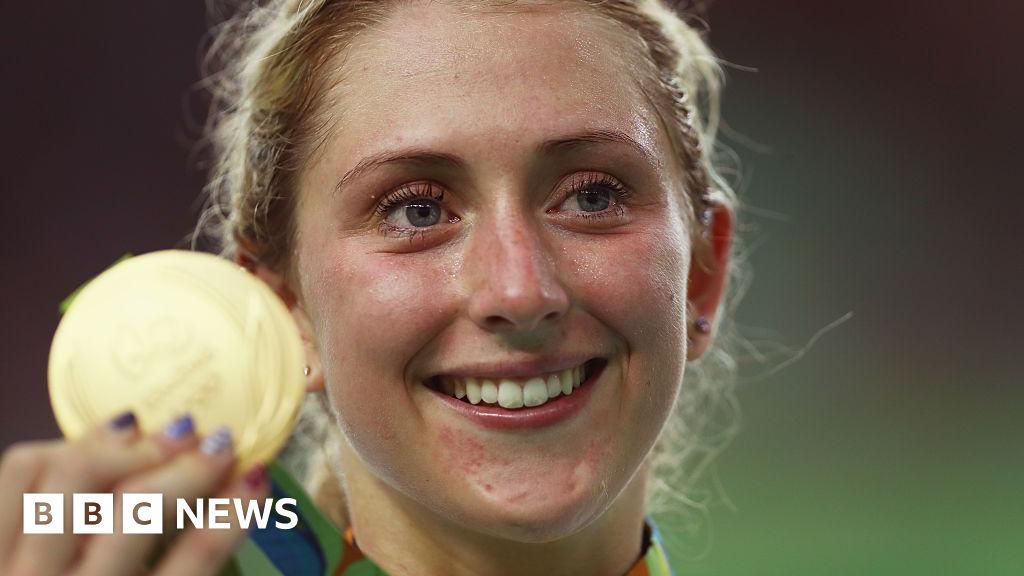 Image source, Michelle Bates
Image source, Michelle Bates
Michelle Bates has had surgery nine times to remove endometriosis tissue
By Antonia Matthews
BBC News
The wait to be diagnosed with endometriosis has increased to almost ten years, a "devastating" milestone say women with the condition.
It now takes almost a year more than before 2020 to be diagnosed, according to research published by Endometriosis UK, which is setting up new volunteer-led support groups in Wales.
The wait in Wales is also the longest in the UK, the research found.
The Welsh government said it knew there was "room for improvement".
"Nobody listened to me, and to feel like women are still going through that 20 years after my diagnosis is horrific," said Michelle Bates.
The 48-year old from Cardiff was diagnosed aged 25 after suffering with "harrowing" pain from age 13 onwards - a 12-year wait.
"I went back and forth to the GP with my mum, who was the only one who believed in my pain," she said.
Ms Bates said she "knew there was something wrong" but explained her diagnosis was "accidental".
"I remember passing out at work one day. I was in so much pain," recalled Ms Bates, who works in finance.
An ultrasound for suspected appendicitis revealed three very large cysts, including one hanging from her ovary that was 12cm (4.7 inch) in diameter.
She had just got married, and was told by her surgeon she had the worst case of endometriosis they had ever seen.
In her early 30s and going through IVF, another doctor told her she was menopausal.
"My chances of having a child were dashed," Ms Bates said.
What is endometriosis?
The disease causes tissue similar to the lining of the womb to build up in other organs, such as the ovaries or fallopian tubes.
Tissue builds up every month, and then breaks down and bleeds.
Unlike cells in the womb that leave the body as a period, this blood can't escape and can result in inflammation and scar tissue.
It can cause severe, chronic pain and fatigue and can make it difficult to get pregnant.
Some of the main hormone-based treatments for endometriosis include oral contraceptive pills and the intrauterine system (IUS), or coil.
Other treatment options include surgically removing endometriosis tissue.
Source: NHS/Endometriosis UK
'Massively gaslighted'
The study by Endometriosis UK, which is based on a survey of 4,371 people who received a diagnosis of endometriosis, showed almost half of all respondents (47%) had visited their GP 10 or more times with symptoms prior to receiving a diagnosis, and 70% had visited five times or more.
It also found 78% of people who later went on to receive a diagnosis of endometriosis - up from 69% in 2020 - were told by doctors they were making a "fuss about nothing", or comments to that effect.
"We are massively gaslighted and invalidated by healthcare professionals," said Charl Davies from Blaenavon, Torfaen.
Image source, Charl Davies
Image caption,Charl Davies says women are being "gaslighted"
The 31-year-old was told the pain she was experiencing from the age of 10 onwards, when her periods started, was "just normal period pain" and "a normal part of being a woman".
"I was blacking out and fainting," Ms Davies, a tattoo artist, said. "We're taught to believe agonising period pain is normal pain."
She said receiving her diagnosis was a "very bittersweet feeling", adding she was sick of hearing she had "a low pain threshold".
Lowri Shepstone, from Brecon, Powys, had to wait 17 years for a diagnosis and said she was also told her symptoms were not abnormal.
Image source, Lowri Shepstone
Image caption,Lowri Shepstone says she "nearly burst into tears" after receiving her diagnosis
"Have a hot water bottle, and we'll put you on the pill," was her GP's response when she was a teenager, she said.
"The day I actually got a diagnosis, I nearly burst into tears."
The realisation something was seriously wrong was almost a relief, the 38-year-old said.
'Real suffering'
"There's real suffering behind endometriosis," Ms Bates said. "You kind of look OK but it robs you of enjoyment."
She said colleagues showed little understanding and she was left feeling isolated and low.
"When you are having intercourse, you find yourself crying afterwards and thinking: 'this is not normal'," she said.
Ms Shepstone also pointed out women suffering from endometriosis suffer from "endo belly", caused by bloating.
"You can look eight months pregnant but not be pregnant and potentially not be able to have children," she said.
"It's like a cruel trick."
Ms Davies is due to undergo a third laparoscopy next month to remove tissue - a procedure she says she has waited 70 weeks for.
She said daily pain made every day a struggle, even leaving her feeling suicidal.
"I've got a body clock that is ticking. I can't start a family until I've had the surgery and then there is a small window of opportunity," she said.
"As a woman, it makes you feel completely inadequate."
Three new Endometriosis UK volunteer groups will offer help for people with the condition in the Swansea area, in west Wales and in and around Wrexham.
'Woefully inadequate'
Female health charity Fair Treatment for the Women of Wales said patients who had access to an endometriosis nurse had "nothing but praise and gratitude for the care they offer".
"However, one endometriosis nurse per health board is woefully inadequate," said Debbie Shaffer, policy and research director at the charity.
"Some of the endometriosis nurses have told us that they have a patient list of over 1,000 at any one time."
The Welsh government said it had funded dedicated endometriosis nurses within each health board across NHS Wales.
"Patient feedback suggests they feel supported, listened to, and have a better understanding of their condition," the spokesman said.
"But we know there is room for improvement, and we are working with the endometriosis nurses to identify areas for improvement."
 (1).png)
 9 months ago
16
9 months ago
16













